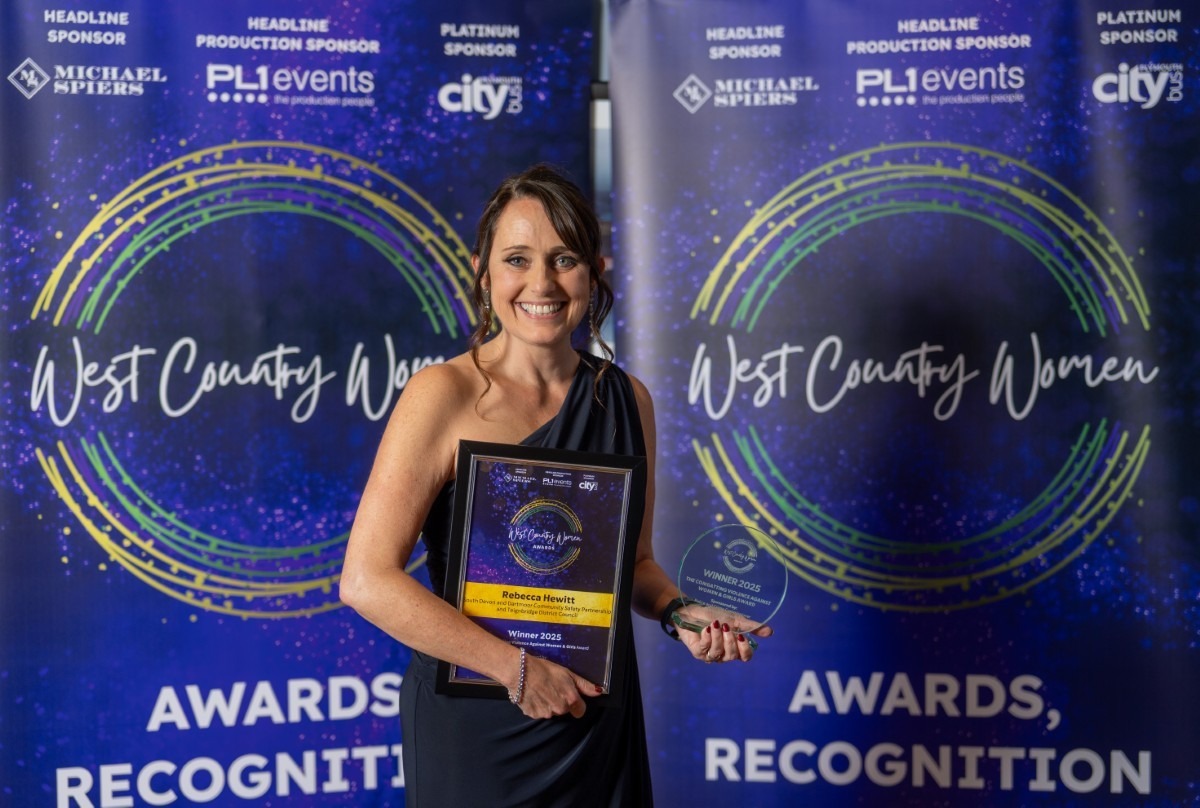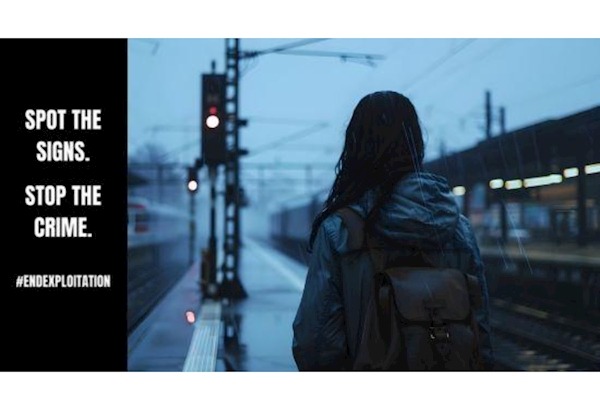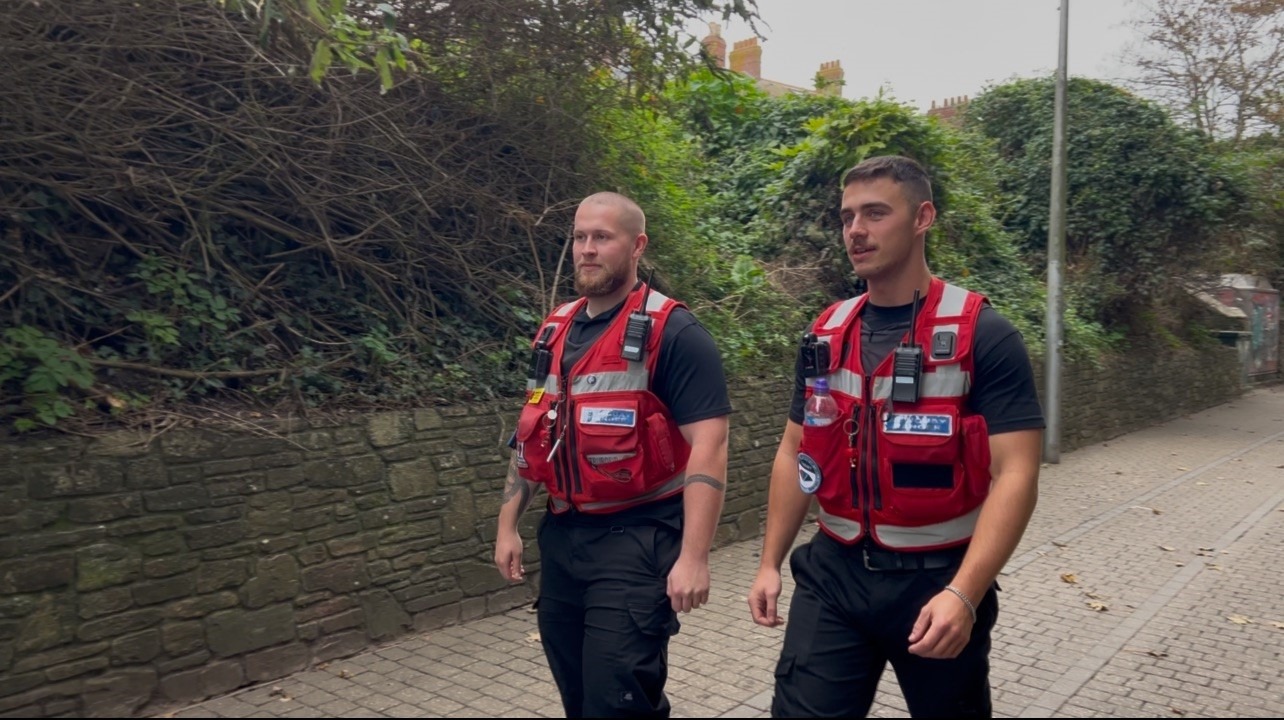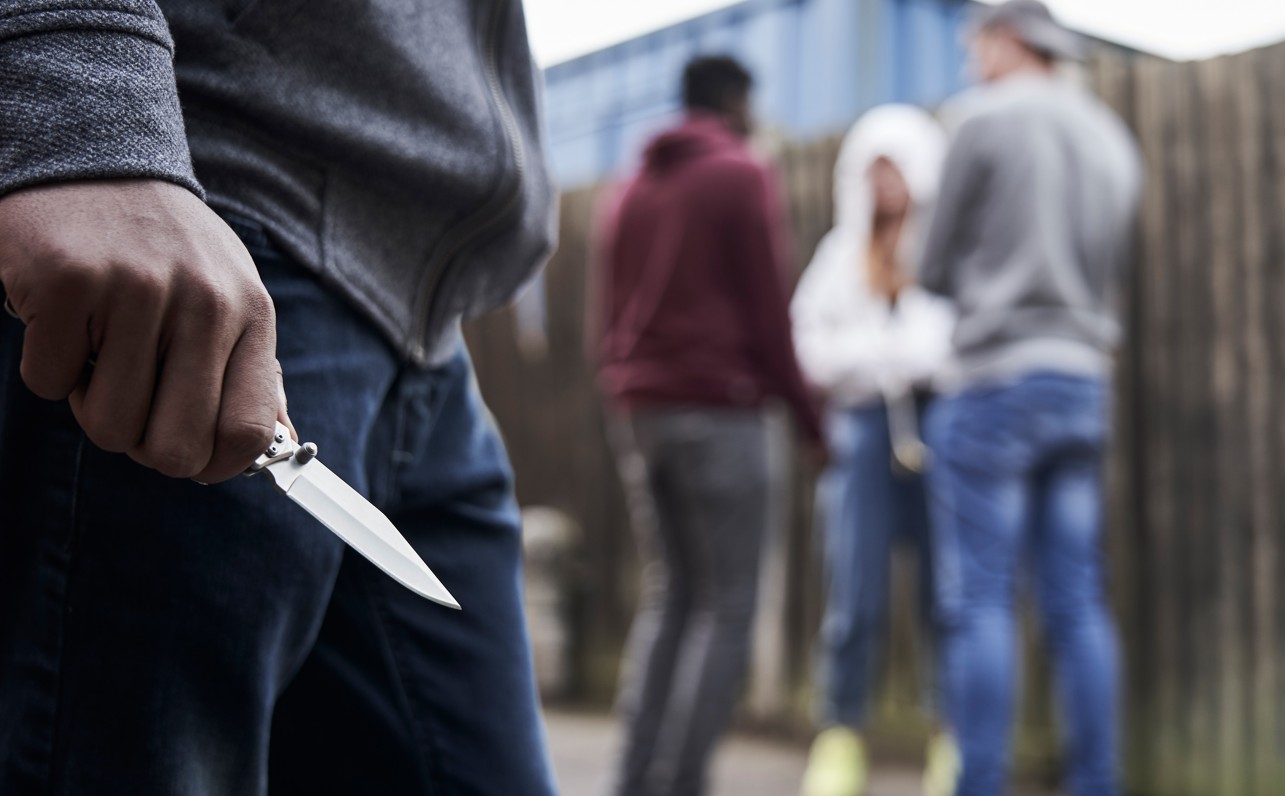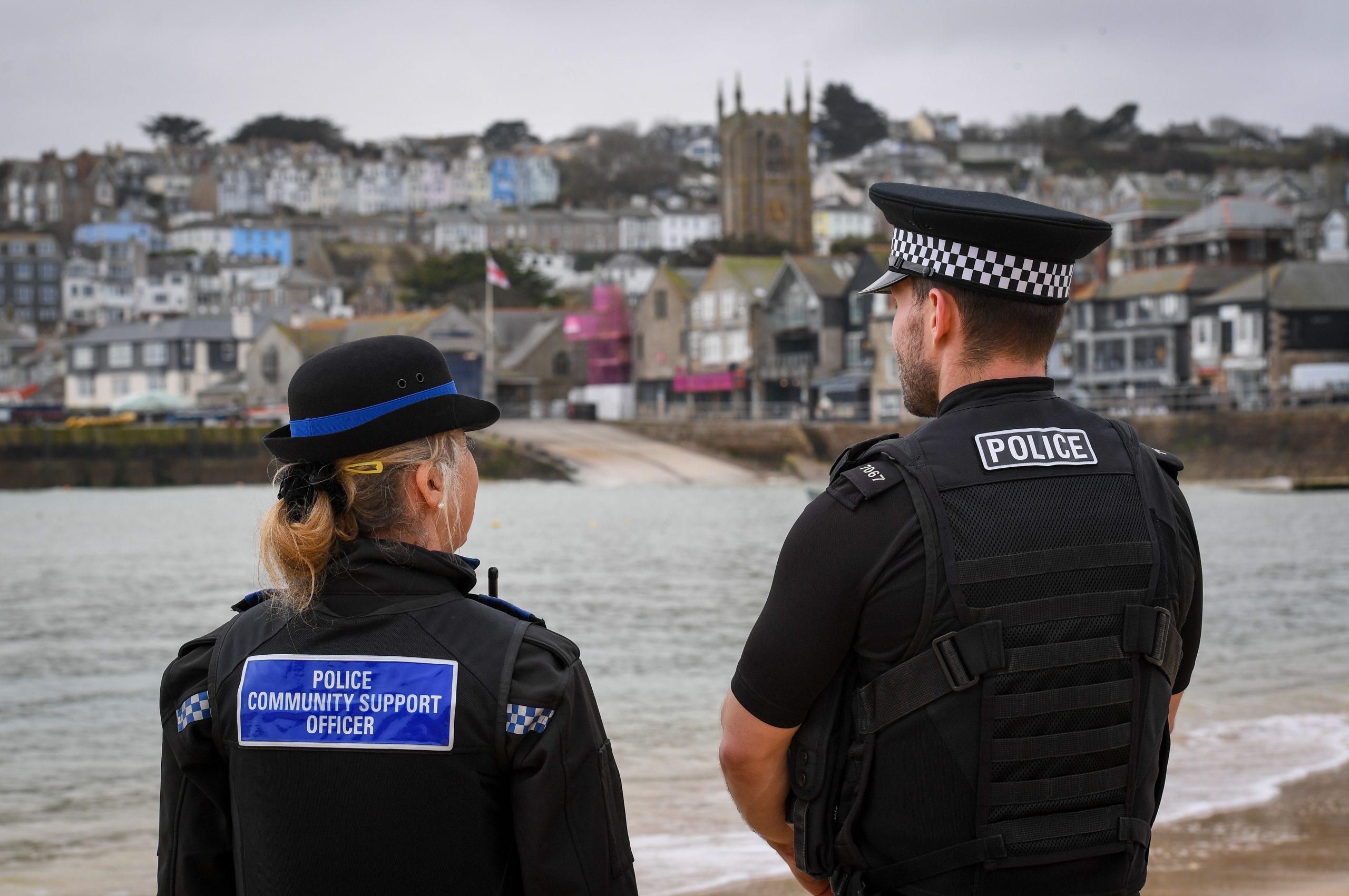The winner and nominees of this year’s Combating Violence Against Women and Young Girls (VAWG) award at the West Country Women Awards have been praised by Police and Crime Commissioner Alison Hernandez for the impact their ongoing efforts are having across the region and far beyond.
The annual awards, which culminated in a grand final gala dinner in Plymouth last week, saw inspirational women celebrated for a variety of reasons across 20 categories with the most nominations received in the awards history.
For the fourth year, the Commissioner proudly sponsored and presented the Combating VAWG award. The winner – chosen from a wide range of strong nominees who have all achieved great things to help eradicate this type of violence – was Rebecca Hewitt, strategy and policy manager and chair of South Devon and Dartmoor Community Safety Partnership (CSP).
Her passion for protecting women and girls from the harm of men and boys has consistently been a strong theme throughout her 28 years working for Teignbridge District Council. Great successes have been achieved by combining efforts with other partners from the police to local communities to halt perpetrators in their tracks and change and positively influence behaviours, particularly among young men.
Commissioner Hernandez said: “We have got a challenge on our hands to halve VAWG within a decade, as set out by the government. With limited funding, it’s about radical ideas and men changing their behaviour and men doing something different.
“It’s not all men; but it’s largely all women who have been a victim from street harassment to murder. It has become an epidemic and this surge cannot and will not be allowed to continue.
“I am thankful to the decent men in our society who are supporting efforts to combat VAWG, and I am particularly in awe of the four incredible finalists in this year’s Combating VAWG category at the Westcountry Women’s Awards.
“People say there must be a standout but these women, as well as all our nominees and those in all the other award categories, are a standout. However, this year we chose Rebecca as our winner because of the crucial role she has played in making women and girls feel safer and, vitally, the efforts to bring about long-lasting change through behaviour change and challenging what has shamefully become the new ‘norm’.”
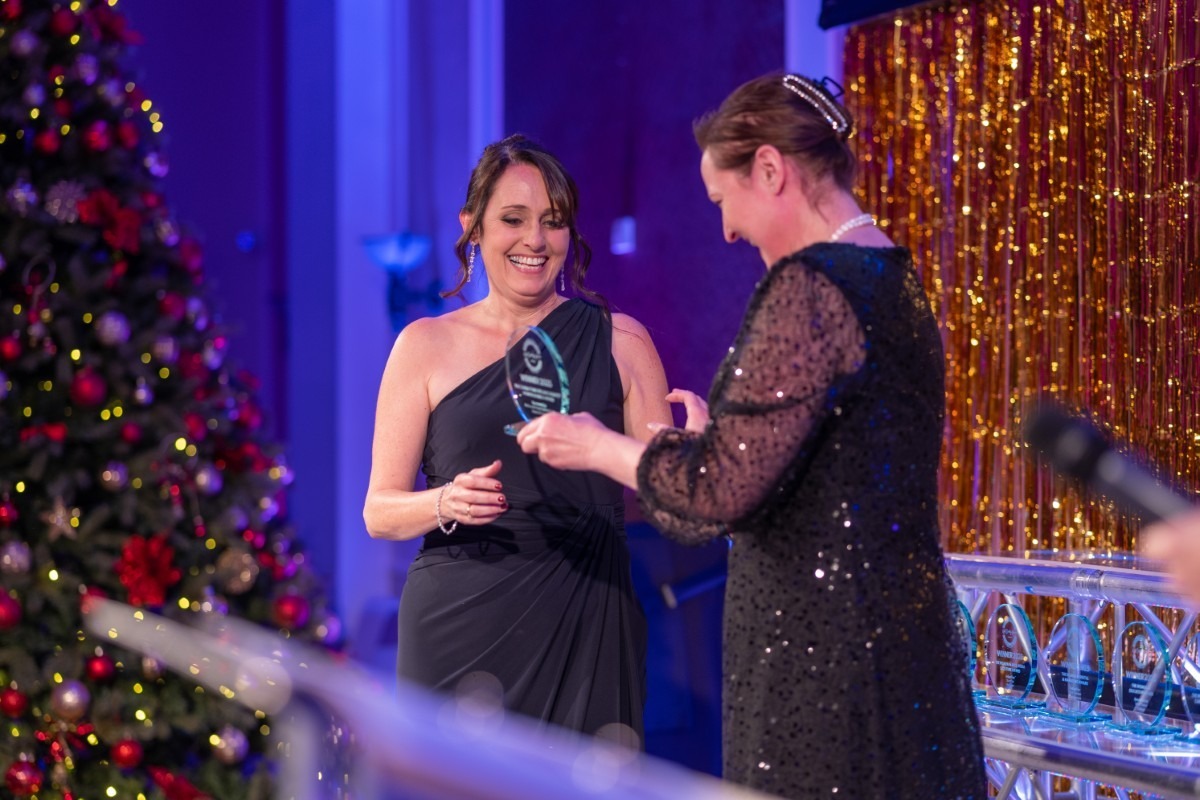
Rebecca’s long list of achievements within her field includes leading a Let’s Talk programme to engage with parents and carers to raise awareness of safety risks and challenges faced by young people and helping to issue more than 560 community protection warnings (CPWs). These are used to combat antisocial behaviour including issues such as stalking behaviour, up skirting and domestic abuse – with a compliance rate overall of currently 90 per cent.
She recalled: “A man was reported to be upskirting teenagers on buses. It was very difficult to obtain evidence so, working with the police, we issued a CPW to stop him travelling on buses in the district. There have been no further incidents reported since.
“Another example is a CPW was issued due to a domestic abuse situation. The perpetrator was prevented from going to the town where the victim lived. They have also been issued in relation to men committing sexual acts in public places.
“We also collaborate with those working within the night time economy, such as licensees to talk about which individuals are frequenting their business and causing concern. We can then issue a CPW to stop them from being able to enter the town centre during the evenings to prevent further harm.
“The protective powers of CPW were used when a 15-year-old girl was being exploited by a 23-year-old man who would pick her up in his vehicle to collect drugs. A CPW was issued to prevent him from being able to have any under 18s in his vehicle without parental consent.”
Explaining that a ‘whole approach’ is taken by the community safety partnership to tackle VAWG, Rebecca said: “A key piece of work – and one we are hoping to promote more – is the Let’s Talk programme which engages with parents and carers. We see them as being an essential part of the solution so by communicating with them as our peers helps e and preventing something from happening early on.
“We want to expand it to include more resources and will launch a dedicated Let’s Talk website which features our information and videos that offer parents information on key areas of concern. We also want to do more work with dads around positive male modelling, particularly around VAWG and misogyny, and bringing it into family’s conversations.
“We also want to raise awareness for professionals, particularly those with roles in the community, such as how to spot the signs, where to report and what to do.
“We have utilised the specialist intervention programme Is This Okay? – developed and delivered by fellow finalist Lucy Rhodes and Space youth service which works with targeted young people to support those who may have been victim to harmful sexual behaviour.
“We are really excited to be doing a pilot with three primary schools to educate younger boys around harmful sexual behaviours, consent and attitudes. Over six weeks we will be monitoring that journey of increased understanding
“It’s about equipping people with the tools and techniques to identify when their behaviour is harmful and where to get help and support.”
Delighted to have received the VAWG award, Rebecca said: “Combating VAWG has always been a passion of mine as too many women in our communities have experienced harmful sexual behaviour. It has become normalised, and we have the ability to bring our communities together to change that.
“A particular focus of our partnership is around long-term cultural change and being proactive early to prevent more victims experiencing trauma that stays with them for ever
“I feel massively honoured to have received this award. There are many people who have worked tirelessly alongside me to deliver this work, so I accept this award on behalf of them. Their passion is absolutely inspiring, and I can’t wait to see what we will jointly achieve in the future.
“I would also like to thank Teignbridge District Council, the South Devon and Dartmoor Community Safety Partnership and, of course, my family for the support I have received to enable us to focus on this work.”
This year’s other Combating VAWG finalists were:
- Sue Penna – EO and founder of Rock Pool Life C.I.C, from Penzance
- Lucy Rhodes – Space Youth Services, from Newton Abbot
- Mel Sevieri – former community fundraiser with Trevi, from Plymouth

